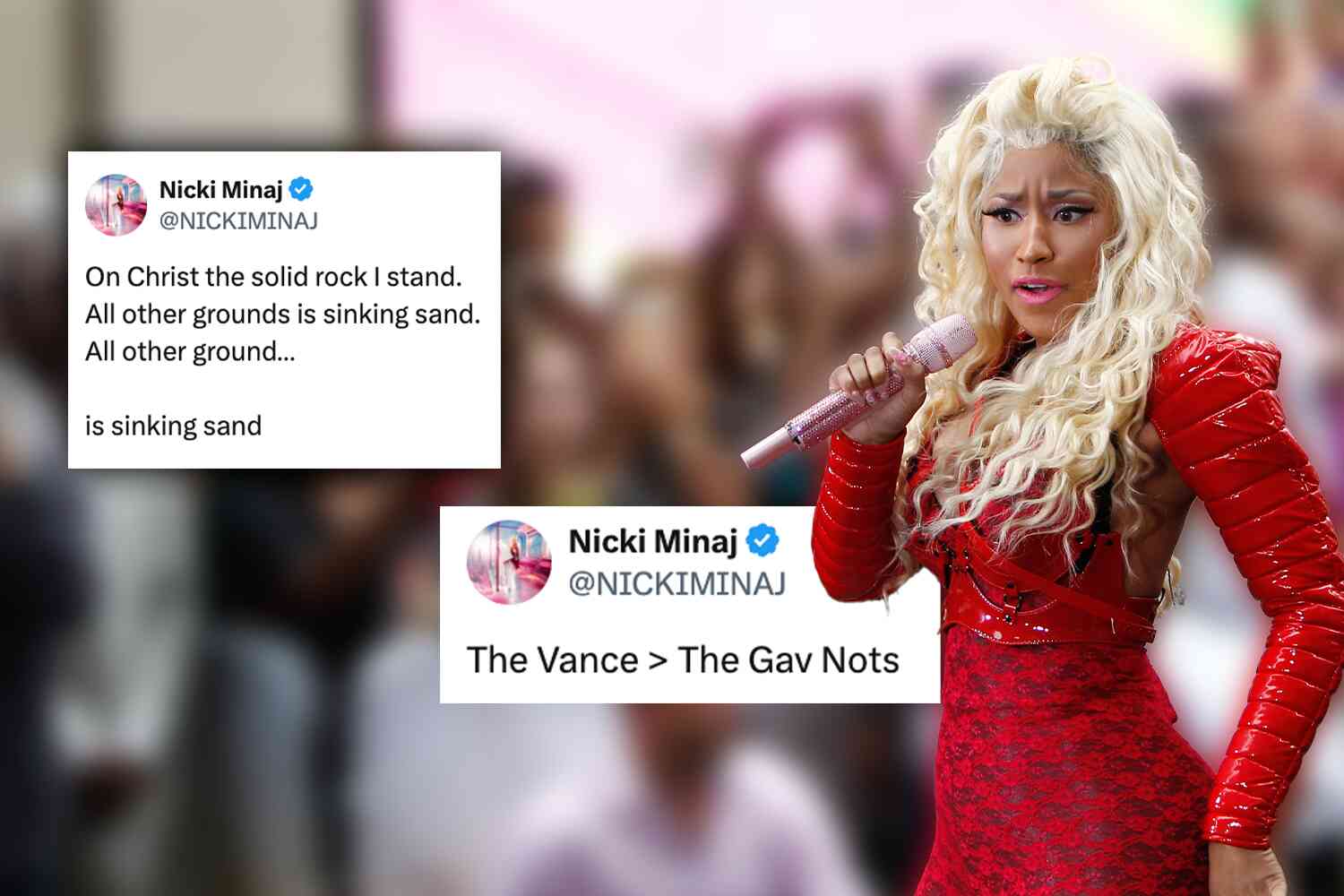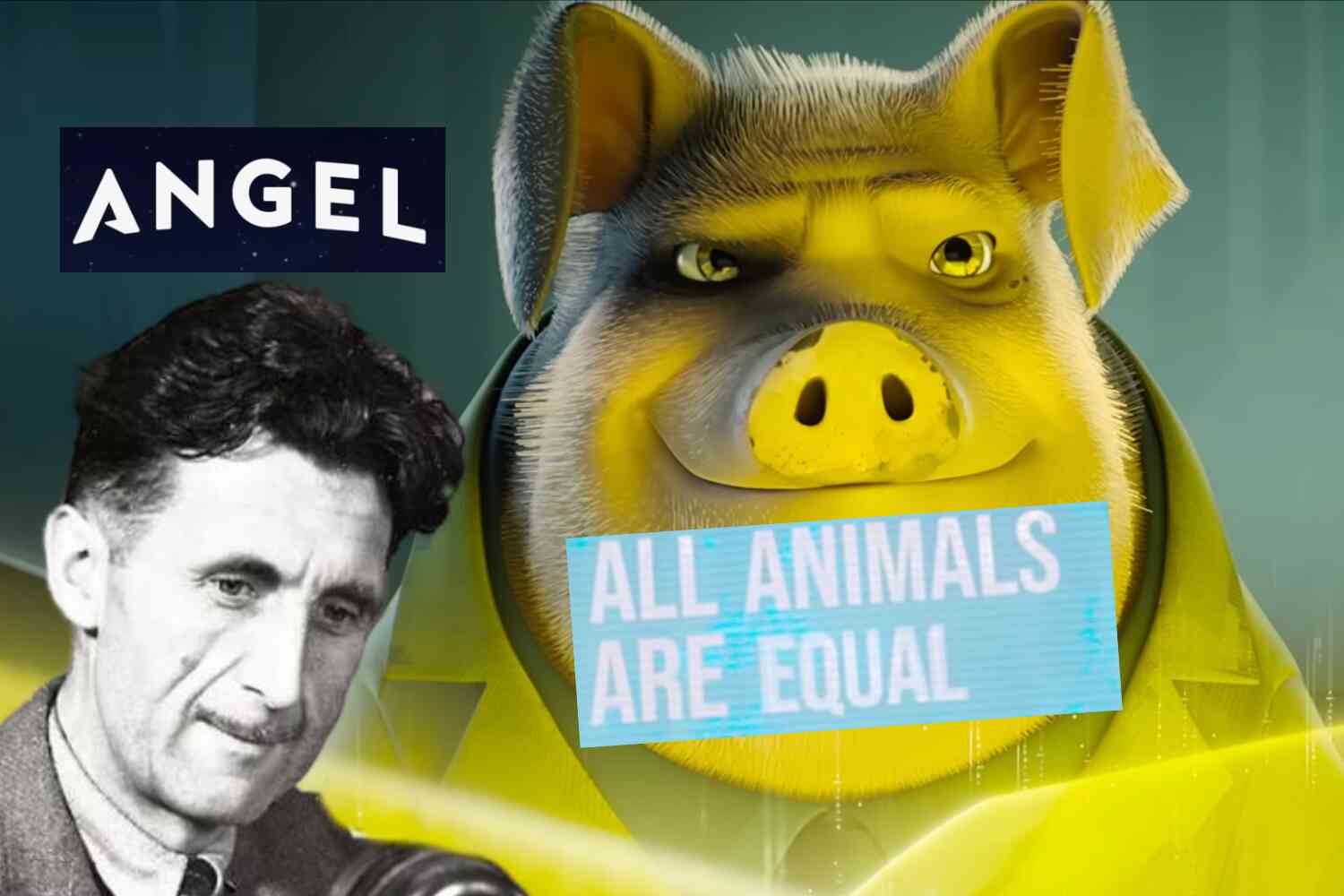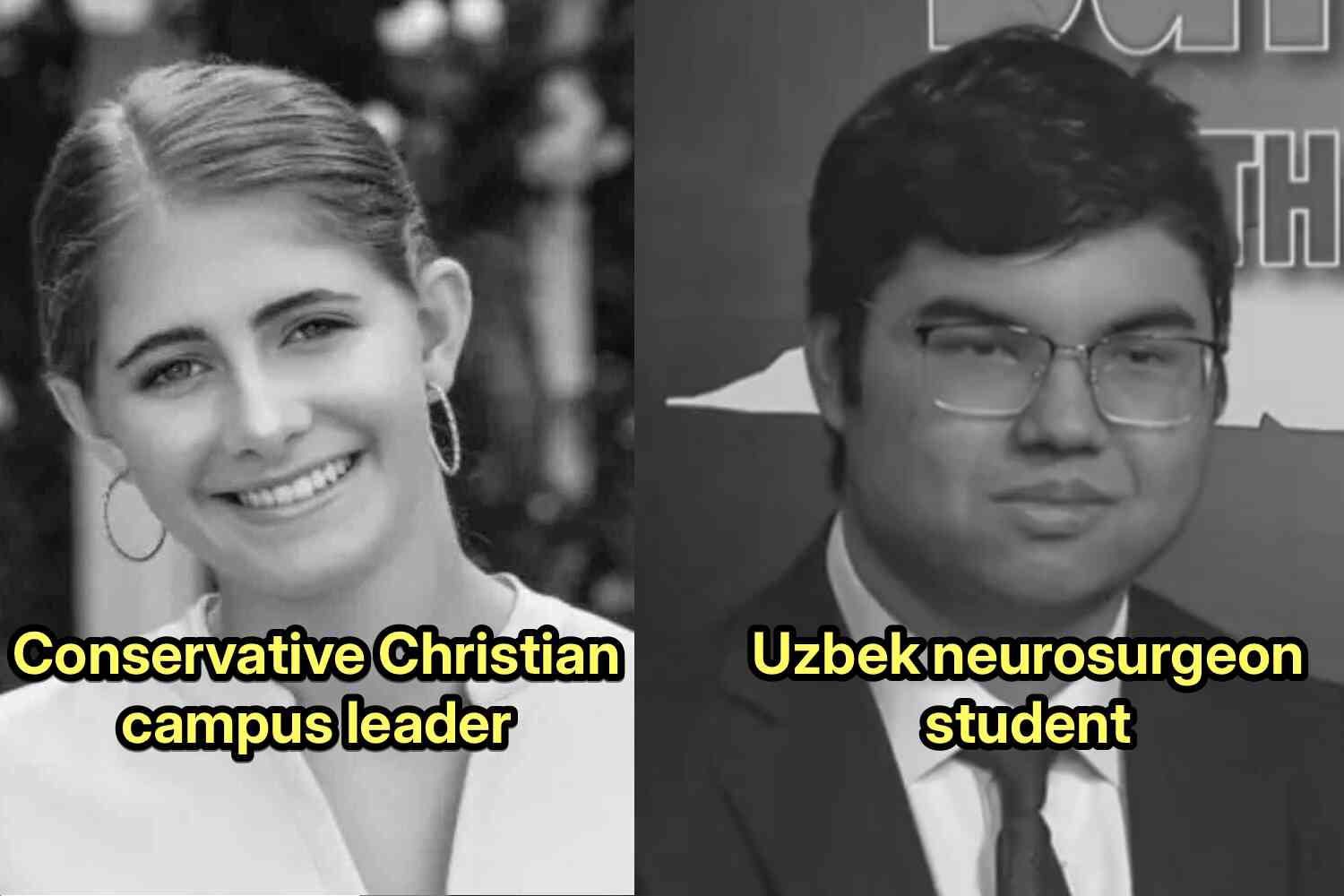Daily Wire writer and podcaster Matt Walsh appeared on Dr. Phil this week to debate the merits of transgender ideology. Walsh, a well-known and vociferous critic of transgenderism, argued with two gender activists on a range of trans-related issues, prominent among them the question of defining the word "woman."
The following exchange underscored the tension between Walsh's scientific-based approach and the ideology-driven claims of gender ideology:
Walsh: ...This is one of the problems with this left-wing gender ideology, is that no one who espouses it can even tell you what these words mean. So, like, what is a woman? Can you tell me what a woman is?
Ethan (LGBT activist): No, I can't. Because it's not for me to say. Womanhood looks different for everybody.
Addison (LGBT activist): What do you define a woman as?
Walsh: An adult human female.
Addison: And what is a female?
Walsh: Someone with female reproductive organs. Someone who is…here's the thing, when you're a female, it goes right down to your bones, your DNA. That's why if someone dies, we could dig up their bones a hundred years from now, we have no idea what they believed in their head, but we can tell what sex they were, because it's ingrained in every fiber of their being.
Addison: So I'm trying to understand. Your definition is that a "woman" is someone who is "female," you said, right?
Walsh: Correct. Is a biological female.
Addison: So what happens when we have, maybe, someone who is female, identifies as a woman…but maybe doesn't have the ability to reproduce? Maybe doesn't have those organs that you're talking about, that are reproductive organs?
Walsh elected not to respond directly to Addison's postulation, and to his credit he won the debate resoundingly anyway. But this particular argument is actually very common among transgender activists, so it's worth refuting in full whenever it comes up.
Let's sum it up based entirely on a secular, scientific argument: Yes, a woman—an adult human female—is scientifically defined by the role she plays in human reproduction, and yes, even a woman who can't reproduce is still a woman.
Why do we say this? Simply because these terms—man, woman, male, female, human—are contingent not upon individual idiosyncrasies but on the universal ends to which an individual is ordered.
What do we mean by this? We mean how nearly every human being's reproductive physiology is ordered—if he or she is meant to be a male (the member of the species that, during sexual reproduction, donates genetic material) or a female (the member of the species that receives the genetic material and gestates offspring). Only in very rare cases is the underlying biology of each individual human unclear, and this biology is assigned from the moment of conception.
We can make these determinations even in cases of physiological defects—if a female is born without the ability to reproduce, say, or if an illness later in her life requires her uterus to be removed. The woman's biology is nevertheless still ordered toward female reproduction, regardless of individual biological defects or disorders.
Not to mention, every one of a woman's 7 trillion cells is coded with a unique XX chromosome found only in her and not in men, who carry the XY chromosome in "every fiber of their being." When Walsh says it "goes right down to your bones," he's not being metaphorical.
We can illustrate this basic, common principle with an easy example: Consider human bipedalism, the human trait of walking upright on two legs that is used by secular science to separate hominids from apes.
Would you hold that a human being who is incapable of walking upright—due to spina bifida, say, or congenital amputation in which a baby is born without legs—is somehow not a human? That would be desperately silly and anti-scientific.
It is on this basis that we can reasonably and convincingly define the term "woman" and "man." It does not require "self-identification" or "gender identity" or any other similar ideologically-driven concepts.
This, of course, doesn't even take into account the theological and spiritual answers to this question. The Bible, for example, says in its opening chapter that God made us "male and female," and that we are made in His image – meaning no injury, abnormality, or lifestyle choice can take away our value or identity.
It simply acknowledges the reality of dichotomous sex and reproduction in humans, the facts of DNA, and the ordering of relationships and society around these observable truths!
P.S. Now check out our latest video 👇









